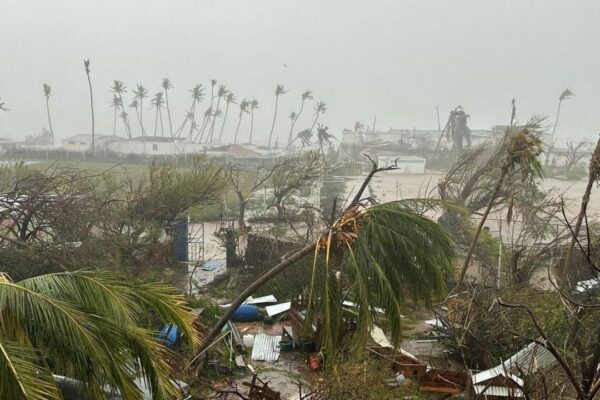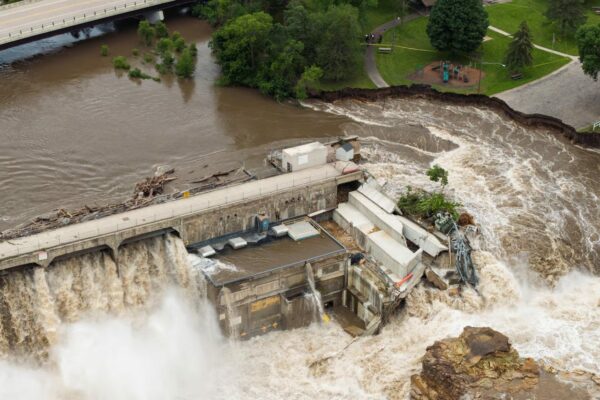Russia Fuels Climate Change with Unjustified War, Decimating Environment & Wildlife
It’s hard to focus on carbon emissions and wild species amid an ongoing war that has people fleeing their homeland by thousands - but as we emphasize on human life, what about the wildlife and deteriorating environment?
Plato once said, “Only the dead have seen the end of the war.”
Can’t help but agree. Those who are dead will not know another war. On the other, those who are alive, suffering political wars such as the ongoing Russian invasion of Ukraine, will have to bear the brunt of climate change as well, which is likely to exacerbate amid the war emissions and threatened wildlife. Needless to say, the environmental impacts of the Russia-Ukraine war will be rippling through decades to come.
Eight years into the conflict, Russia’s invasion will escalate the environmental harms of war across Ukraine and the rest of the world. Ukraine cannot fixate on the levels of emissions being generated on its land right now – not when air raid sirens are ringing across the nations prompting people to hide in underground bunkers.
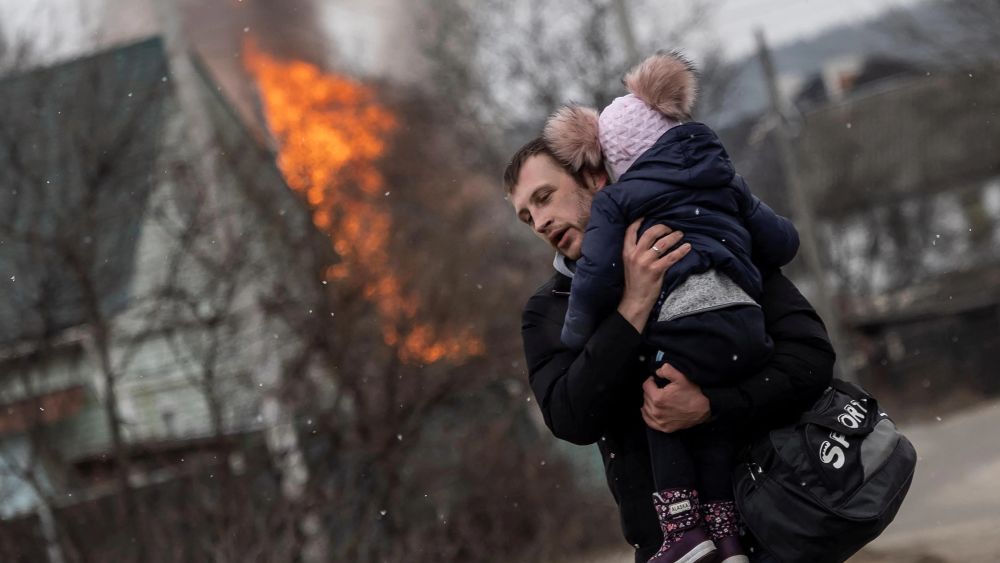
Image: Carlos Barria/Reuters
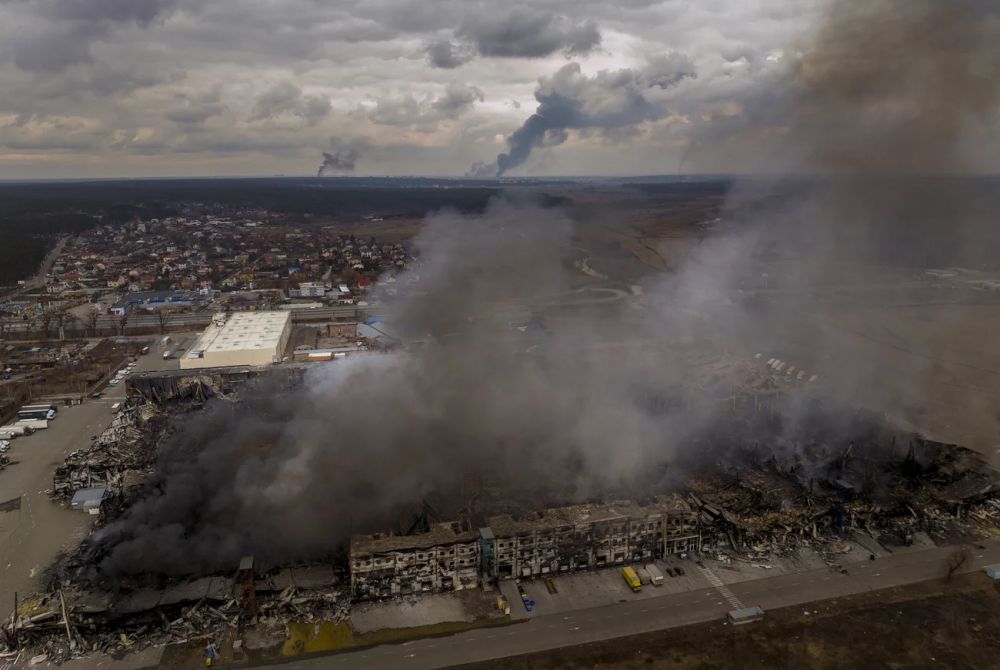
Image: Emilio Morenatti/AP
Levels of industrial pollution have likely increased since pollution monitoring systems are largely offline or going unchecked. Given that Ukraine is a heavily industrialized country, it already has a baseline of contaminated air. With Russia attacking its infrastructure, if some of the industrial or more importantly, any of the nuclear reactor sites get intentionally or accidentally destroyed, the repercussions could be catastrophic.
At a time when the whole world is worried about lowering emissions, the war erupted. On February 17, the United Nations Environmental Programme (UNEP) released its new Frontiers 2022 report titled Noise, Blazes and Mismatches: Emerging Issues of Environmental Concern. The report stated that if the world fails to address these rising environmental concerns, they could potentially bring about a region or global catastrophe.
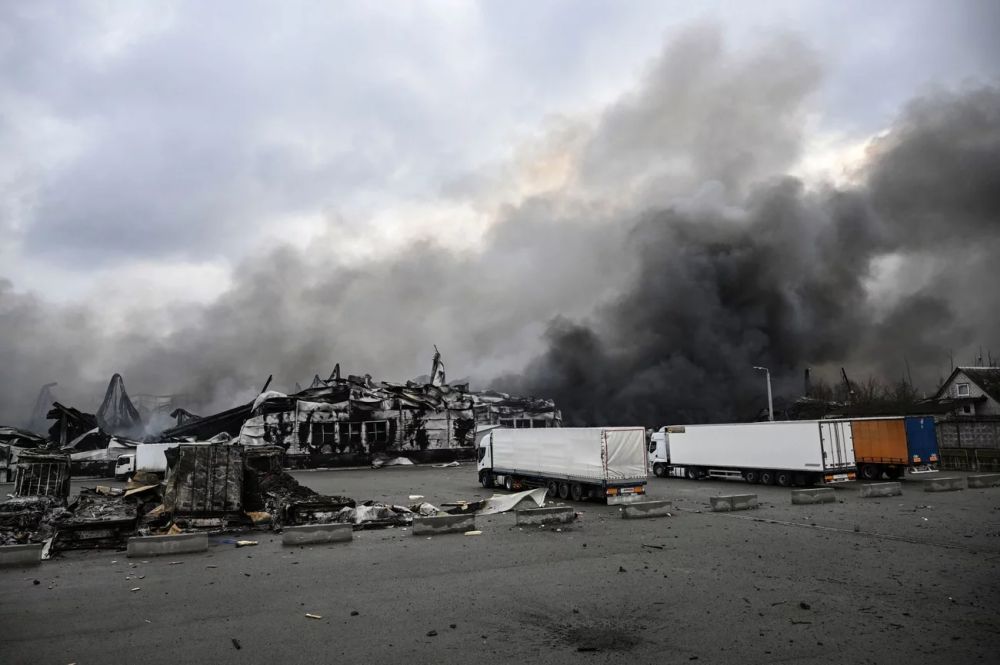
Image: Aris Messinis/AFP
A week later, Russia invaded Ukraine. Political issues aside, this war has the capacity to release vast amounts of climate change-inducing toxic gases into the atmosphere. Not only that, it has contaminated food and water resources in Ukraine, consequences of which will be seen for decades after the war is over.
Environment Held Hostage
Undeniably, Russia is a recognized world power but the onslaught on life and environmental assets is unpardonable. The bio and geodiversity of the nation will be permanently scarred by the short-term and long-term impacts of the war. The environmental impacts of the Russia-Ukraine war will be unprecedently catastrophic.
Reportedly, the fighting close to Kherson caused fires in the Black Sea Biosphere Reserve. Detectable from space, the fires may have destroyed trees and endemic habitats for the avian species in Ukraine’s largest nature reserve.
Moreover, global prices for oil and gas have spiked and will have a huge effect on emissions. High prices may deter consumption, but if demand sustains, it could give rise to more oil and gas mining, furthering carbon emissions. Europe’s dependency on fossil fuels, of which 40 percent is supplied by Russia, will likely be a regrettable stance.
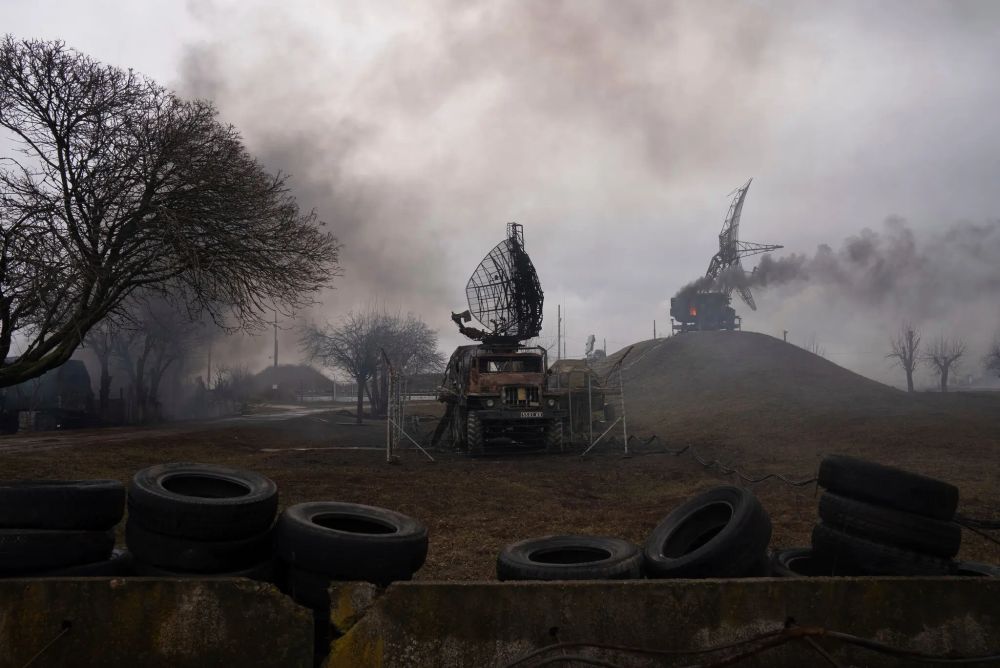
Image: Evgeniy Maloletka/AP
Russian forces have targeted an oil refinery near Kyiv, forcing its shutdown and destroying its entire fuel supply. Another attack on Ukraine’s Zaporizhzhia nuclear plant spread nuclear anxiety across Europe. These are only a few of the environmental disasters that may be unleashed by Moscow’s decisions to wage war in a heavily industrialized country.
The bombardment of the Shebel oil refinery just outside of Kyiv, triggered a fire that caused massive environmental damage. An adviser to Ukraine’s Ministry of Internal Affairs, Anton Gerashchenko said that the inferno will burn for a long time, causing more damages.
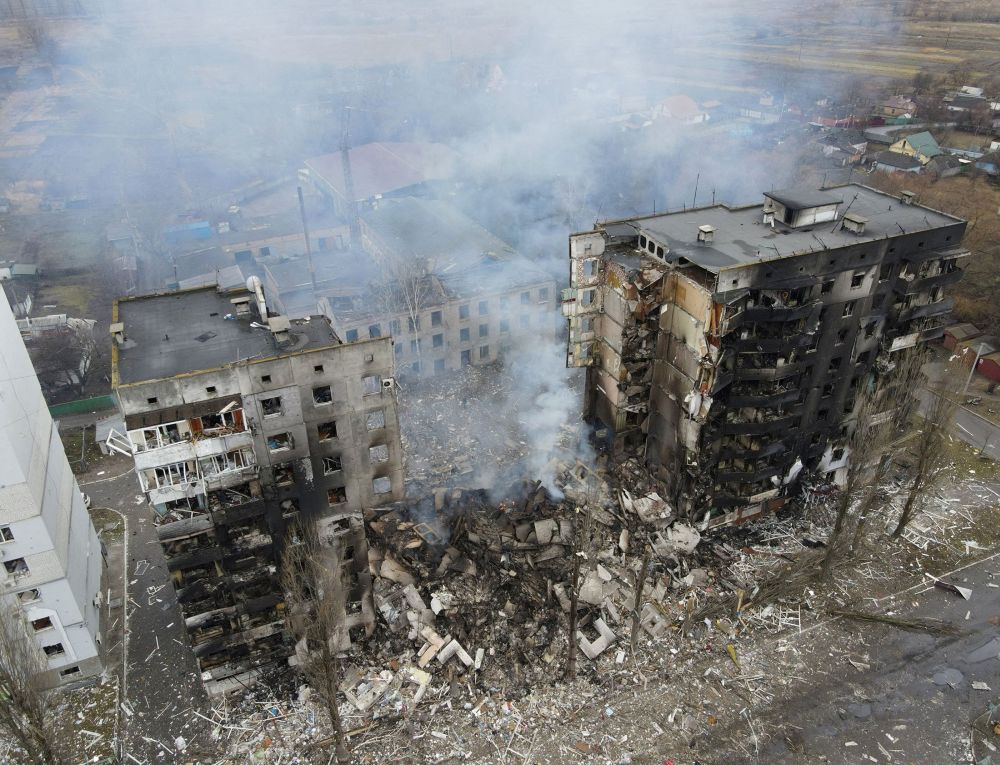
Image: Maksim Levin/Reuters
The environmental threat from the invasion is enormous. There are 15 nuclear power plants in Ukraine. Even if one of these gets destroyed amid airstrikes, we could be looking at another Chernobyl scenario.
According to International Atomic Energy Agency (IAEA) Director-General Rafael Mariano Grossi;
I continue to follow developments in Ukraine very closely and with grave concern, especially the conflict’s potential impact on the safety and security of the country’s nuclear facilities. It is extremely important that the nuclear power plants are not put at risk in any way. An accident involving the nuclear facilities in Ukraine could have severe consequences for public health and the environment.
The presence of hundreds of chemical, metallurgical and mining sites, atomic energy and nuclear waste dumps around the country, poses an immense risk. Needless to say, Russia is holding Ukraine’s and Europe’s environment hostage. The aftereffects of this war could resonate for years to come.
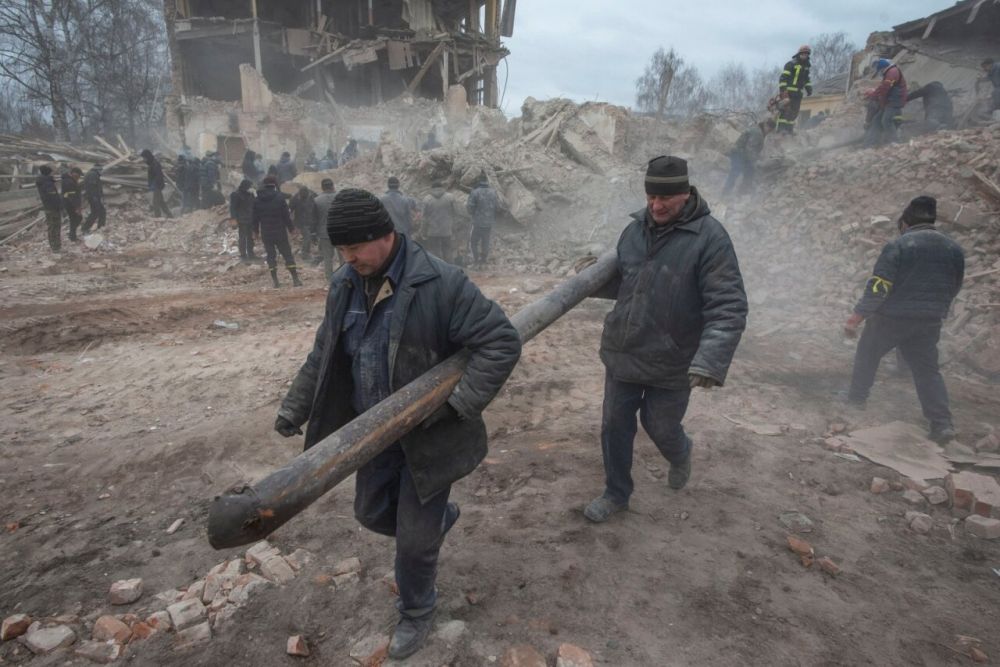
Image: Irina Rybakova/Press Service of the Ukrainian Ground Forces
Abandoned and Threatened Animals
It is amazing how easy is it for us to forget all about wildlife when it comes to our discords, and as Putin tries to capture Ukraine, the war is causing the animals so much stress. While the environmental impacts of the Russia-Ukraine war are vastly visible, animals have been suffering on the sidelines. Recently, heavy fighting near Kyiv Zoo raised concerns about the safety of the animals. While the zoo has been closed for visitors, there are no plans to evacuate its animals.
Incredibly heavy fighting being seen near Kiev Zoo.#UkraineUnderAttack #Kiev #Kyiv #UkraineWar #UkraineInvasion pic.twitter.com/pYZHpSGl81
— Kiev Watch (@KievWatch) February 26, 2022
Staff at the Kyiv zoo have been living with their families in the zoo since the Russian invasion of Ukraine began to take care of the animals. They call themselves the ‘zoo military commune’ https://t.co/tUWexW9VMX pic.twitter.com/5uUsSQHhIt
— Reuters (@Reuters) March 4, 2022
While thousands of civilians are fleeing Kiev, you know who isn’t?
These zookeepers. They’re staying behind to look after all the animals at the Kiev Zoo.
Heroes. pic.twitter.com/vhnSH2TgZM
— Goodable (@Goodable) March 6, 2022
Kyiv Zoo is home to 4,000 animals of over 200 species – including elephants, camels, and the only gorilla in the country. Elephants and other threatened species are being given sedatives to keep them calm during the shooting. According to the zoo staff, the chance to evacuate its animals to safety has passed as it is impossible to offer suitable veterinary service and transportation now that the situation has escalated. The zoo has food supplies left for over a week now.
Andrea Cisternino who runs an animal shelter in Kyiv said. He would rather die than leave behind his 400 rescue animals, including dogs, goats, cows and horses. A true animal hero. @Protect_Wldlife @PeterEgan6 @TrophyXpose @domdyer70 @JournoJane https://t.co/MjelUHM2Wz
— Terry (@Mastino1111) February 28, 2022
Some Ukrainian zoos evacuated their animals to neighboring nations, as Russian attacks on the residential areas is now a common affair. Animals from the Save Wild bear sanctuary near Kyiv were transported to Poland, where Poznan’s zoo will be taking care of them for the time being.
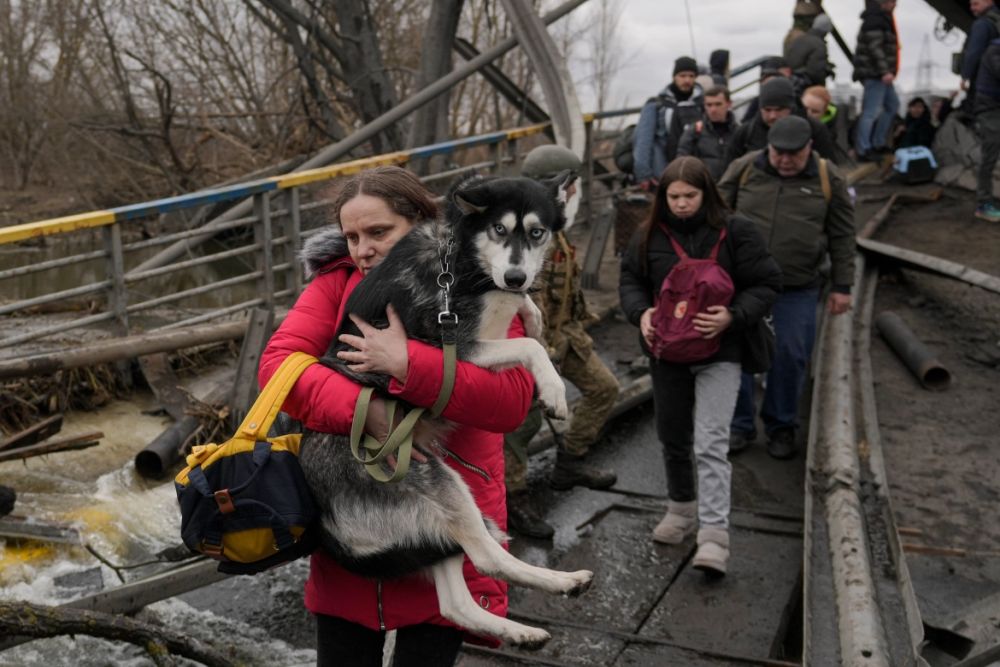
Image: Vadim Ghirda/AP
Moreover, as many people are forced to leave the country, they have to abandon their pets behind amid the chaos and destruction. Strict regulations have prohibited the refugees to take their furry friends with them across the borders.
Many refuse to leave their pets behind and board flights to safety. Several pet owners have chosen to stay huddled in their basements with pets rather than choosing to leave them.
This man in Ukraine is wearing a helmet and a gun, while carrying a fish tank and a cat carrier through Kyiv.
He reportedly took them out of an apartment which was damaged by shelling.
📸: Mikhail Palinchak / Reuters pic.twitter.com/th17d6HYCv
— Tom Williams (@tom__williams) February 27, 2022
I burst into tears. I’d never thought I’ll ever had to leave my country and leave the people I love, my dad, my grandmas, my pets.. men are not allowed to cross the border.. I’m going to the uncertainty. I hope it will end soon, so I can return. #ukraine 🇺🇦💔
— ari🇺🇦 (@arinaaashh) March 1, 2022
Pets sheltering in Ukraine Metro with their hoomans. pic.twitter.com/l7HAoemXkC
— Only In Vegas ➐ (@OnlyInVegas702) March 1, 2022
David Barritt, director, Network for Animals, an international animal welfare organization, said;
It is a terrible tragedy for animals, particularly cats and dogs because the people had to flee very unexpectedly. Most weren’t allowed to take their animals with them. So, they had no choice but to abandon these poor creatures on the streets. These animals, who are not used to fending for themselves, now find themselves on the streets as victims of bombs, bullets. They are completely forlorn and helpless. They have very little chance of survival if we don’t pay attention to them.
It’s not only the animals that are in captivity or pets that are in danger. The unique wildlife of the country is facing a threat far greater. Both endemic and endangered flora and fauna species are facing grave danger amid the ongoing war, which can push some of these species to the brink of extinction. The Russia-Ukraine war has huge environmental impacts that are going to disrupt Ukraine’s biodiversity.
Humanitarian Crisis in Ukraine
Catch-22″ – “It doesn’t make a damned bit of difference who wins the war to someone who’s dead.”
The country is currently facing a humanitarian crisis as continued Russian missile attacks on residential areas in several cities have resulted in the deaths of hundreds of civilians, and forced nearly a million to flee the country. Meanwhile, the World Health Organization has expressed concerns as some health supplies were already starting to run out.
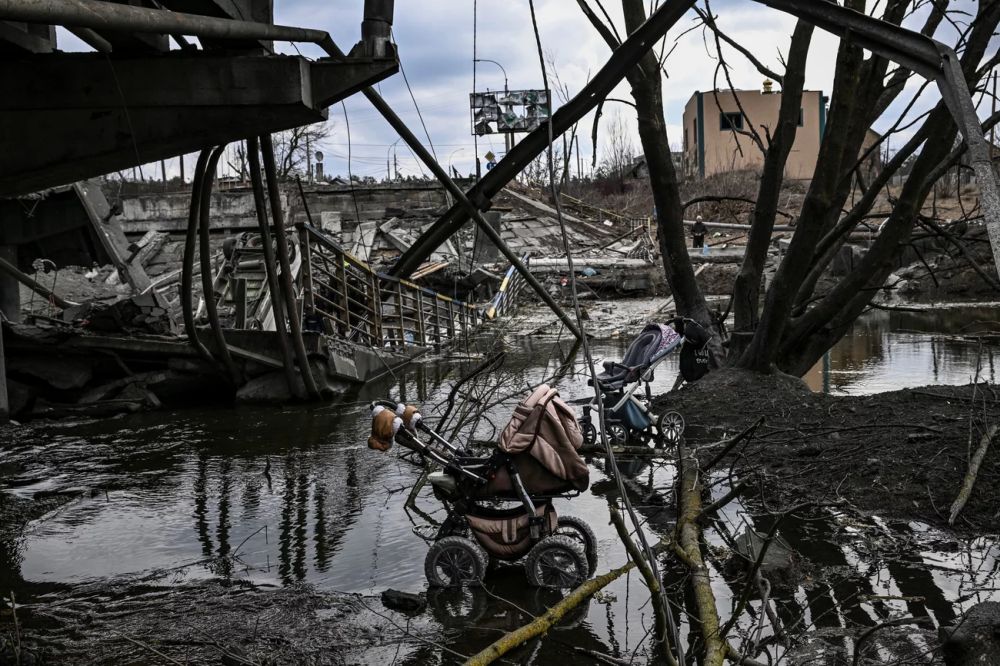
Image: Aris Messinis/AFP
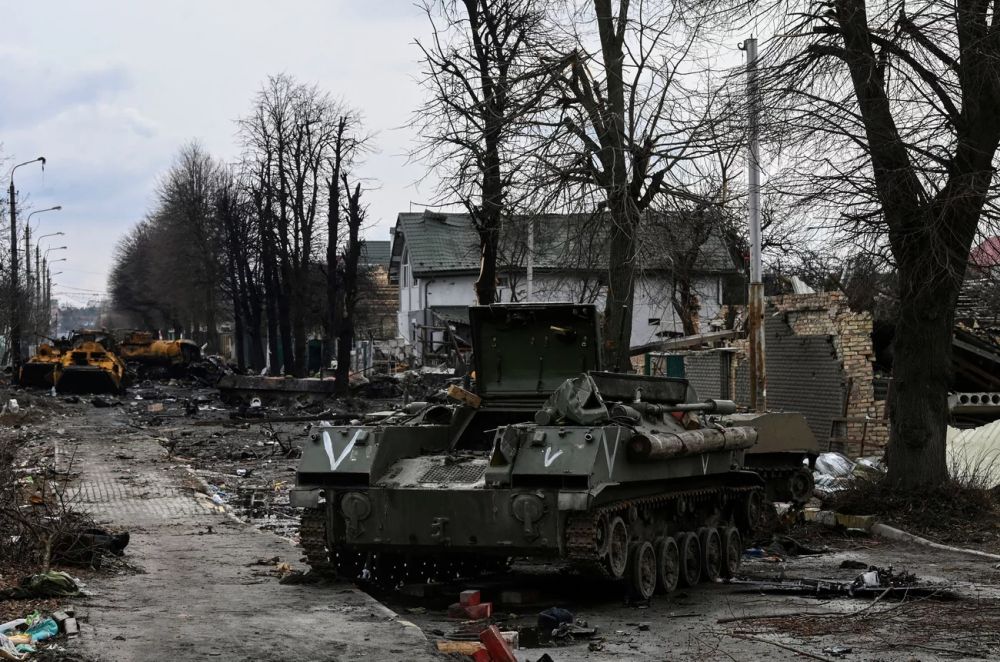
Image: Aris Messinis/AFP
While Russians maintain the baseline that their forces are not targeting civilians, countless homes, hospitals and schools have been under heavy shelling since the invasion began. Water resources, air quality and the food supply – all are getting adversely affected.
The heavy metals and various carcinogens in the explosives can cause several health risks. Soldiers and civilians are inhaling a variety of air pollution that is more dangerous than sucking on the tailpipe of a vehicle.
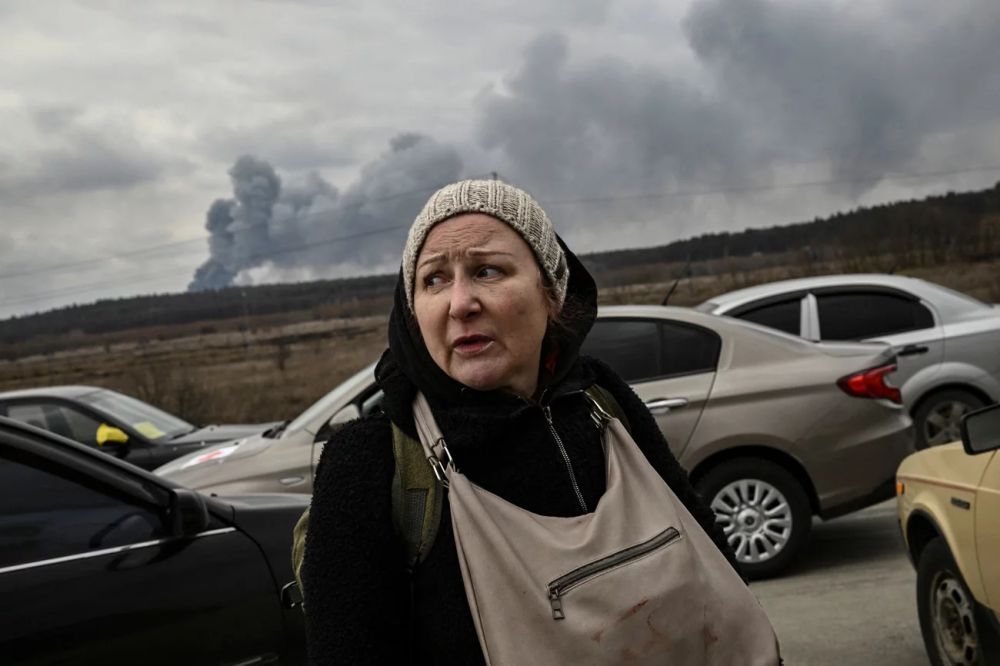
Image: Aris Messinis/AFP
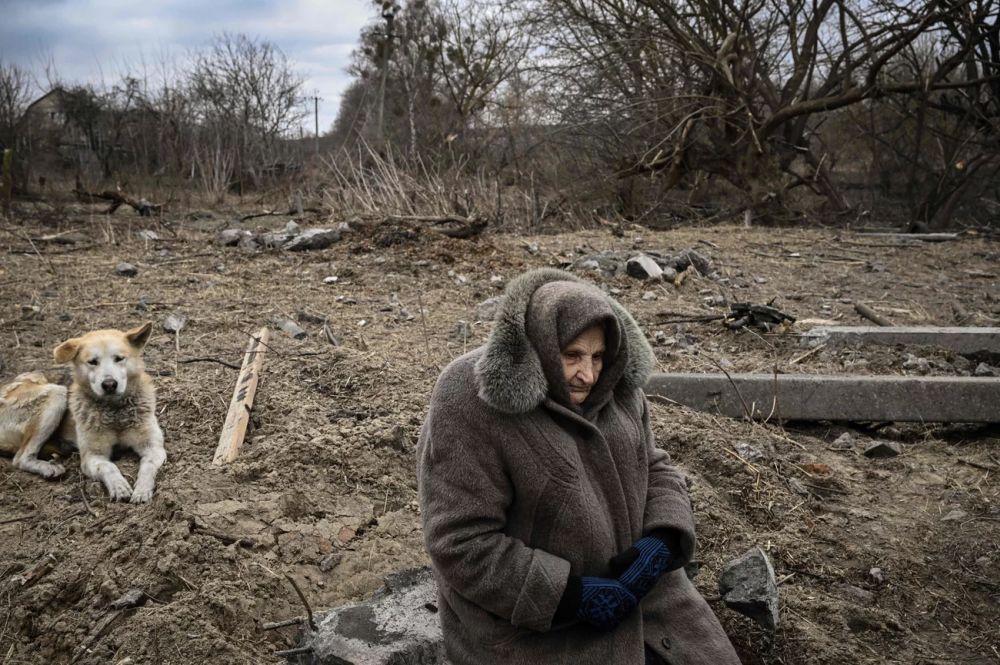
Image: Aris Messinis/AFP
According to Doug Weir, research and policy director at the Conflict and Environment Observatory, such incidents can have long-term health and ecological risks that are site-specific and impossible to determine without extensive detail on the ground once the conflict is over. He further added that this makes tracking damage a crucial part of the research. He said that damage from conflicts and wars unfurls slowly, long after the shelling is stopped and the world’s attention is moved to other burning issues.
The shortage of clean food and water is likely to escalate in Ukraine. Additionally, the environmental impacts of the Russia-Ukraine war will long be visible in the years to come, as will be the humanitarian crisis!
The futility of this relentless war reminds of the words of The Return of the King,” where he said;
“The world is full enough of hurts and mischances without wars to multiply them.”
